Savelsberg Book Introduction - 2021
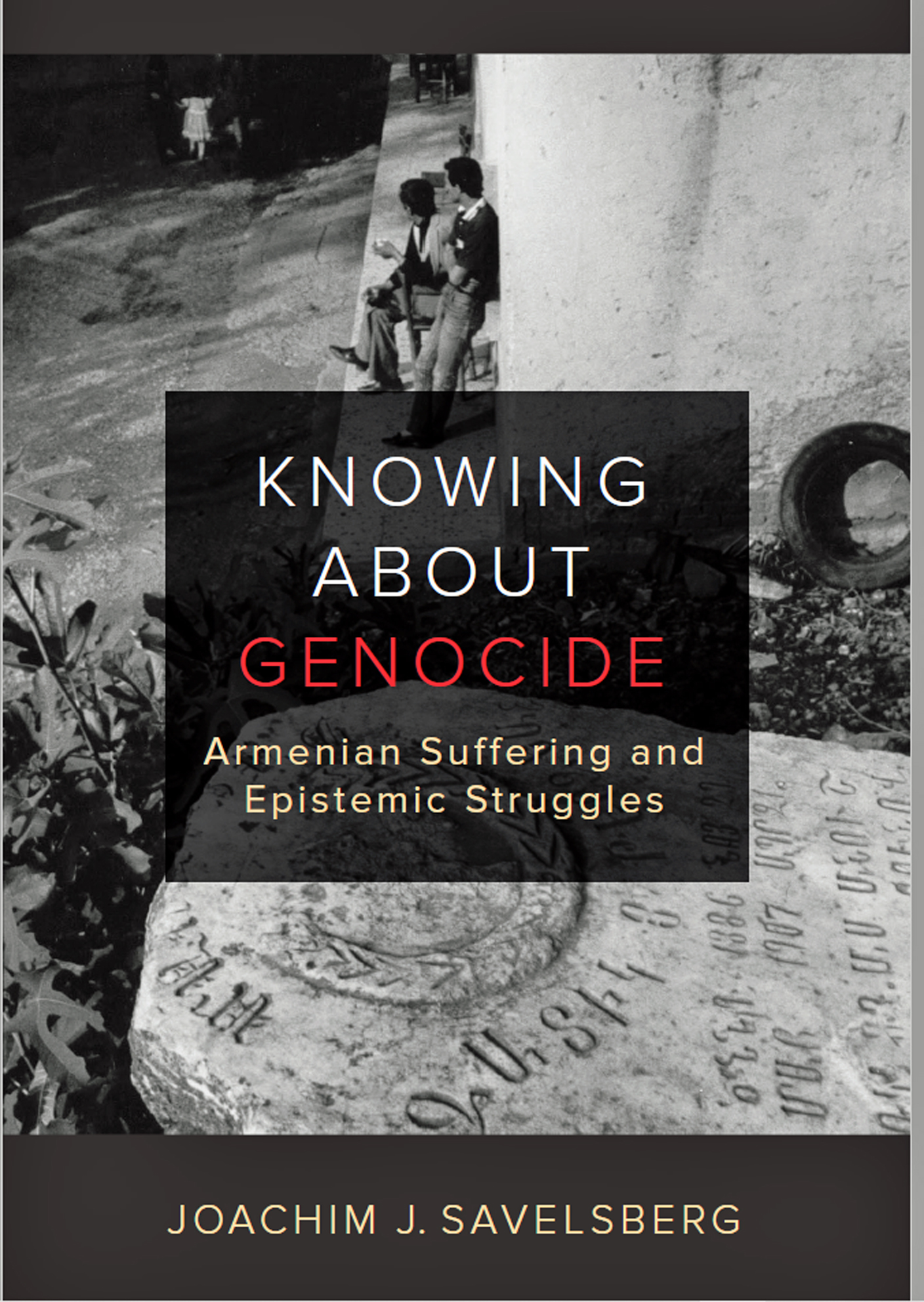 ACOM presents: A conversation with Prof. Joachim Savelsberg regarding his new book: Knowing about Genocide: Armenian Suffering and Epistemic Struggles. (The book can be accessed and downloaded through the above link.) Moderator, Peter Hajinian. The event was virtual and was recorded. For thos who mwere not able to attend the event a video recording of the presentation can be found HERE.
ACOM presents: A conversation with Prof. Joachim Savelsberg regarding his new book: Knowing about Genocide: Armenian Suffering and Epistemic Struggles. (The book can be accessed and downloaded through the above link.) Moderator, Peter Hajinian. The event was virtual and was recorded. For thos who mwere not able to attend the event a video recording of the presentation can be found HERE.
What is it like being married to an Armenian - Third in a series
Doug Tiffany and Steve Usitalo
This was our first Virtual meeting for this series. So no socializing with beverages and appetizers but we still had a great session. Nairey Digris was the session moderator. Doug and Steve were joined by their spouses for this session since it was a virtual meeting. This created a new dynamic in the discussion where there was a couple interaction. Previous sessions did not have this interesting interaction. The presentation was followed by a question and answer session. 25 people participated in this enjoyable session.
Gaghant 2021 - Virtual
The annual ACOM Gaghant was held this year on Sunday, January 3, 2021 via Zoom. Hosted and emceed by John Parker-Der Boghossian (ACOM President), the celebration began with some introductory remarks by John. The current board of ACOM was then introduced, followed by the presentation of the elected new vice-president, Steven Usitalo, and a new board member-at-large, Alarica Hassett.
Voski Ashoun 2020
Voski Ashoun (Golden Autumn) 2020 Edition
ACOM held the 2020 Voski Ashoun celebration in Virtual space this year due to the COVID-19 Virus. We used the Zoom platform as we did for the 2020 Genocide Commemoration.
Since these Zoom events are recordable, we are providing a link to the recording of the event for those who were unable to attend via Zoom.
There was time before the start time of the event for participants to socialize. John Parker-Der Boghossian, ACOM President, lead the event which featured Armenian artists. Peter Hajinian represented creative story writing artistry, Andrea Johnson presented poetry reading from her own poems and also from other Armenian Poets, and a Video showcasing Henry Gregorian performing Armenian pieces on the violin. Those who attended had a great time and we hope that those who view the recording are equally pleased. Many thanks to the people who put this event together:
John Parker-Der Boghossian, Peter Hajinian, Andrea Johnson, and Terry and Nairy along with Henry for the Music Video.
Click HERE for a link to the Event Video
ACOM Cinema Saturday for August 2020 (1st Virtual)

Ararat Beckons
Ararat Beckons (1995, 49 mins, Dir. J. Michael Hagopian, Narrator Mike Connors; in Armenian & English) Documentary of the 1st Armenian Expedition to Mt. Ararat.
A film of striking beauty and mystery on the first Armenian Expedition to reach the summit of Mount Ararat. Where many have failed and some even lost their lives, Masis and Gregory Parseghian and Hamlet Nersesian succeeded. Overcoming the hardships of incarceration, altitudes, they accompanied their goal through sheer will and perseverance. The film became a reality after four shipments of film were smuggled out of Turkey over a 2-year period. Ararat Beckons is more than a film of adventure.
It is a poetic statement of the historic bond between a mountain and a people, a father and son.
ACOM Genocide Commemoration April 24 2020
The Armenian Cultural Organization of Minnesota commemorates the 105th Anniversary of the Armenian Genocide.
To view a video of the Gathering click HERE
105th Genocide Commemoration
The Armenian Cultural Organization of Minnesota commemorates the 105th Anniversary of the Armenian Genocide in a virtual meeting.
Click HERE to go to the Article
What was/is it Like ... Videos
What was it like Growing up Armenian in... Video Selector
|
| What is it like being married to an Armenian Video Selector | ||||
| Session | Date Held | Moderator | Panelists | |
| 1 | 9/30/2018 | John Parker-DerBoghgossian | Terry McGibbon, Ruth Charchian, Jennifer Keljik | View |
| 2 | 11/3/2019 | John Parker-DerBoghgossian | Donna Azarian, Leroy Erickson | View |
| 3 | 3/7/2021 | Naïry Digris | Doug Tiffany, Steven Usitalo | |
| 4 | 9/10/2022 | Steve Usitalo | Lowell Johnson. Jim Favre | View |
What was it like growing up Armenian in ... 13th in series
What was it like growing up Armenian in ... 13th in the series
ACOM's popular series "Growing up Armenian in.." returned for a 13th session on Sunday March 8, 2020. Panelists were Alarica Hassett and Martin Azarian. The discussion was moderated by John Parker-Der Boghossian.
ACOM Gaghant Party 2020 - 40th
Kicking off our 40th year, the annual ACOM Gaghant party was held on January 10th, 2020 at MidPointe Event Center in St. Paul.
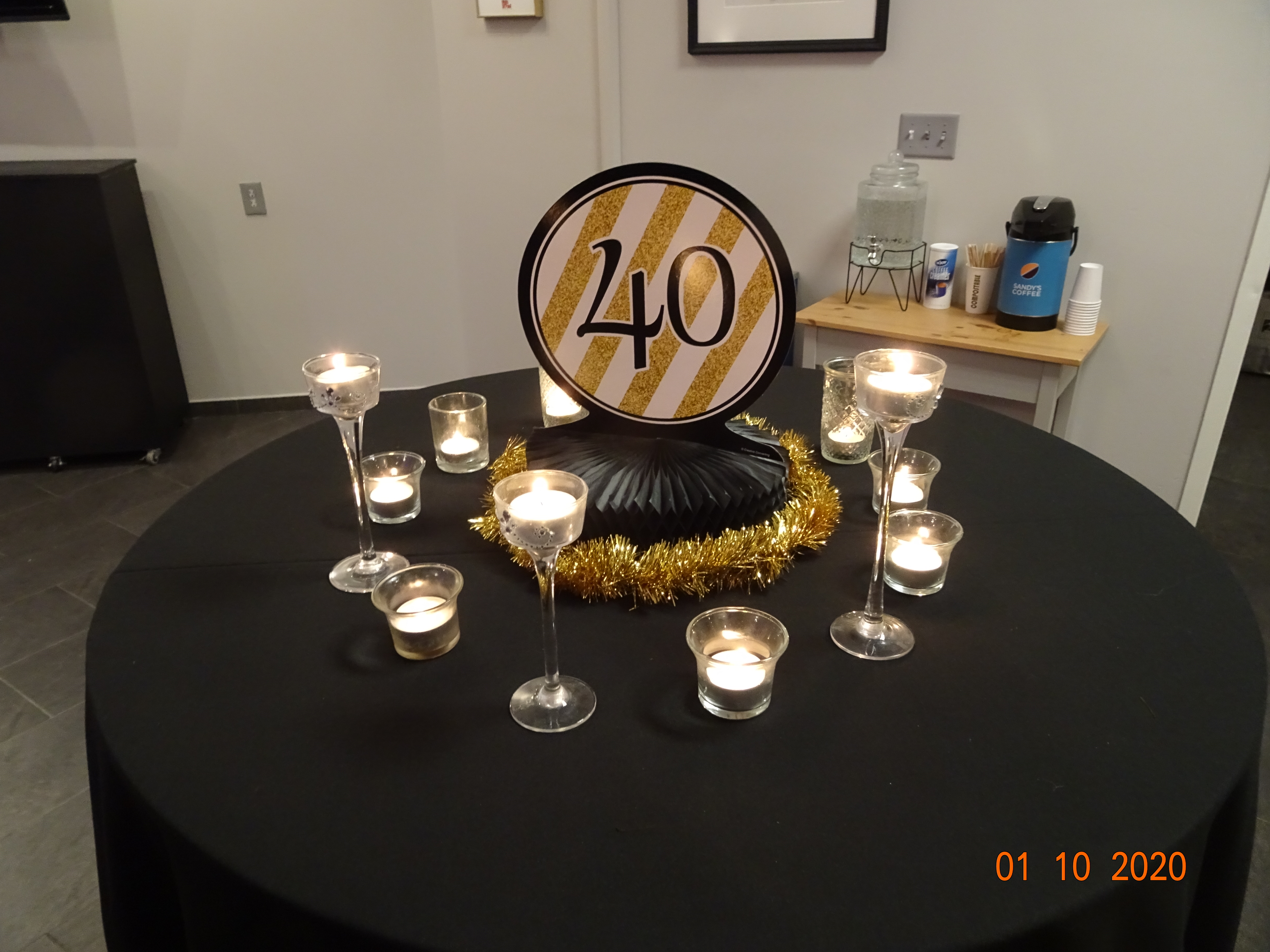
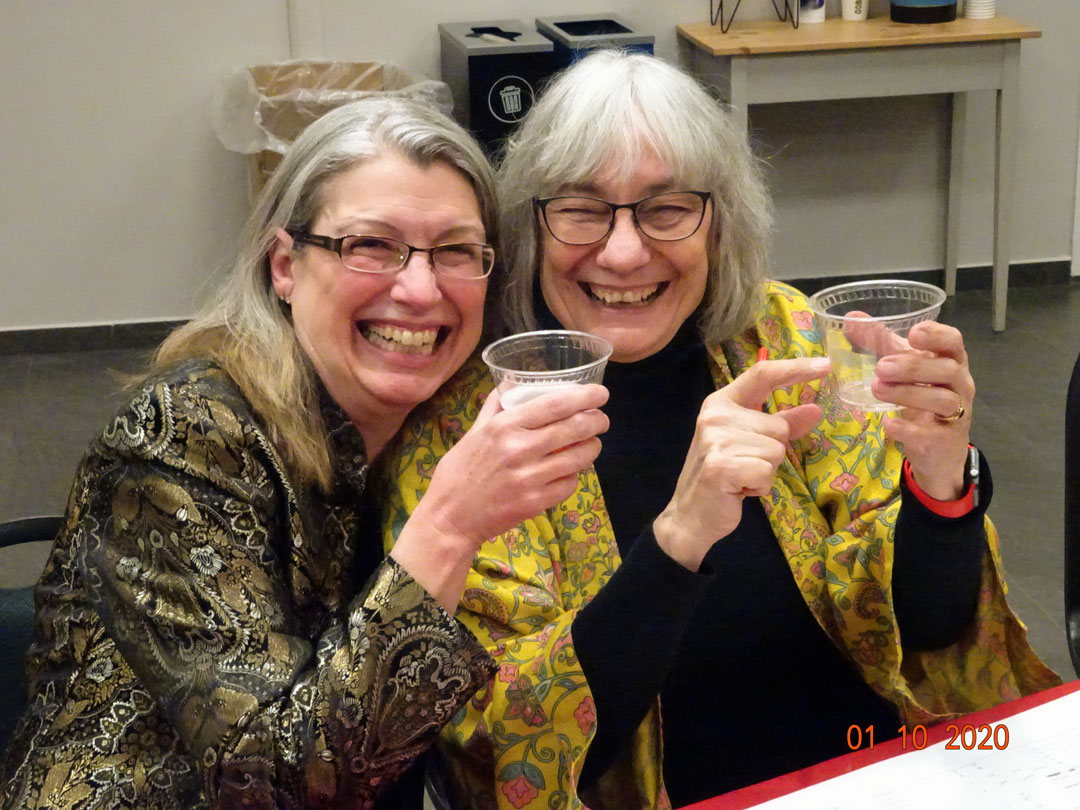
As usual, our guests were welcomed to the event and for this special year, everyone attending was presented with a red 40th Year Anniversary tote bag displaying ACOM’s new logo. Also, during check-in, "Hye Bingo" cards were given out. The aim of the bingo player was to find people who had the characteristics detailed in the bingo boxes and get those people to sign off on the box. This was a great ice-breaker that encouraged guests to mingle and socialize.
More...
What is it Like being Married to an Armenian - Second of a series
The second in a series of panel talks featuring spouses of Armenians was held Sunday November 3 at Keljik's Oriental Rug store in South Minneapolis. A great venue for an interesting afternoon. 24 people were in attenjdence to hear Donna Azarian and Leroy Erickson talk about their experiences with their Armenian Spouses. A more detailed written narrative is yet to come. In the meantime use the two links below for a replay of the event.
For an audio recording of the session click HERE.
Link to a video of the event - HERE
For pictures from the event click Read More
Voski Ashoun 2019
ACOM Voski Ashoun (Golden Autumn) October 5th 2019
This years Voski Ashoun was again held at the Keljik Rug Store on Bryant avenue in Minneapolis.
30 people attended this years event. We had a Wine and Brandy Tasting hosted by Sommelier Leroy Erickson. Leroy provided 3 wines and 3 brandies for our tasting pleasure. Information about the wines and brandies selected this year can be found here. Leroy also provided a guide to Knowing your French Brandies.
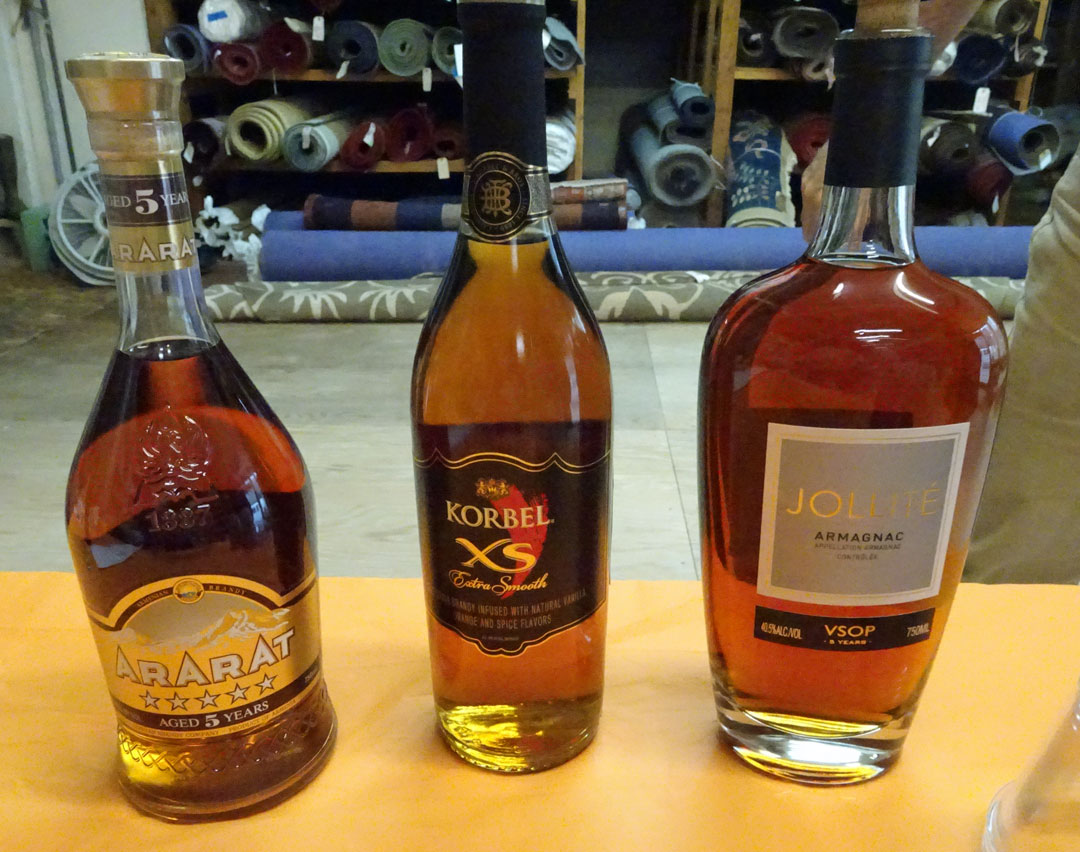
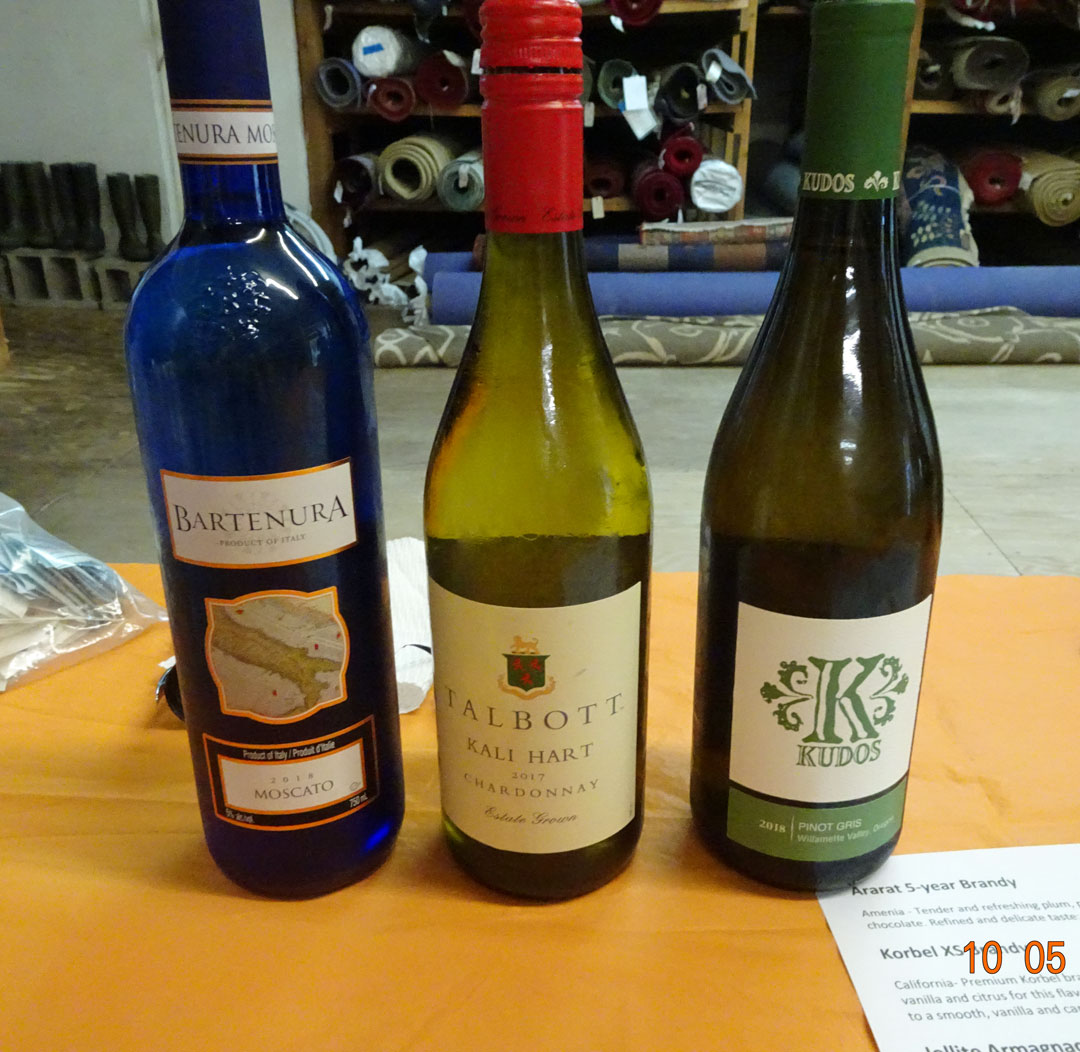
ACOM Pool Party
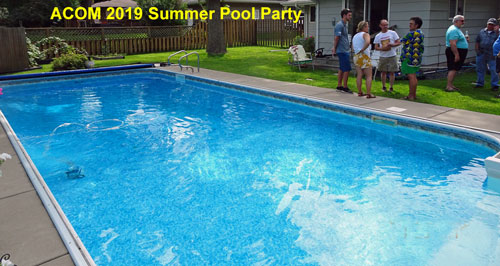 The annual ACOM Pool Party
The annual ACOM Pool Party
was held this year at Henry and Laurel Gregorian's Home.
ACOM Cinema Saturday for July 2019

Yolun Başinda/Beginnings
(Dir. Somnur Vardar, 2013, 86 mins, in Armenian/English/Turkish)
Beginnings follows a group of youths from Armenia and Turkey who meet in two cities on either side of the divide to reconcile the past, present and future of their perpetual conflict stemming from the Armenian genocide. First in Mush, then in Gyumri, their explorations of conflicting memories open up an intense dialogue about the nature of preserving history as a means of evaluating modernity and educating people to learn from historical error. While close relationships develop, these youth must question notions of friendship and trust within a quest to face issues of memory, history, genocide, denial and the demand for the truth.